Ginger green tea is a delightful and health-packed fusion that combines the earthy, slightly grassy, and sometimes subtly sweet notes of green tea with the pungent, spicy, and warming kick of ginger. The aroma is invigorating, with the fresh zest of ginger complementing the clean scent of green tea leaves. The flavor profile can range from a gentle warmth to a more pronounced spicy heat, depending on the proportion of ginger. It’s a comforting yet stimulating brew, often enjoyed for its refreshing qualities and its numerous health benefits.
Health Benefits:
The combination of green tea and ginger creates a powerful synergy, enhancing the individual benefits of each ingredient:
Powerful Antioxidant Properties: Green tea is exceptionally rich in catechins, particularly epigallocatechin gallate (EGCG), which are potent antioxidants. Ginger also contributes various antioxidant compounds. Together, they effectively combat free radicals, reduce oxidative stress, and protect cells from damage, potentially lowering the risk of chronic diseases.
Anti-inflammatory Effects: Both green tea and ginger possess strong anti-inflammatory properties. Green tea catechins and gingerols (from ginger) can help reduce inflammation throughout the body, which is beneficial for conditions like arthritis, muscle soreness, and general inflammatory responses.
Digestive Aid: Ginger is well-known for its ability to soothe the digestive system, alleviate nausea (including motion sickness and morning sickness), reduce bloating, and aid in digestion. Green tea can also support gut health.
Immune System Support: The antioxidants and anti-inflammatory compounds in both ingredients contribute to a robust immune system. Ginger, in particular, has antimicrobial properties that can help fight off infections.
Metabolism Boost & Weight Management: Green tea catechins, especially EGCG, are believed to modestly boost metabolism and fat oxidation, potentially aiding in weight management when combined with a healthy lifestyle. Ginger may also play a minor role in satiety.
Heart Health: Green tea has been linked to improved cardiovascular health by helping to lower LDL (“bad”) cholesterol, triglycerides, and blood pressure. Ginger can also contribute to heart health by potentially improving blood circulation and reducing cholesterol levels.
Brain Health: Green tea contains L-theanine, an amino acid that promotes relaxation without drowsiness and can improve cognitive function. Its antioxidants also protect brain cells. Ginger’s anti-inflammatory properties may also support brain health.
Cold and Flu Relief: The warming nature of ginger, combined with the immune-boosting properties of green tea, makes this an excellent beverage for soothing cold and flu symptoms like sore throat, congestion, and general malaise.
It is Good For:
Daily wellness and antioxidant intake.
Digestive discomfort, nausea, and motion sickness.
Boosting metabolism and supporting weight management efforts.
Immune system support, especially during cold and flu season.
Reducing inflammation and soothing minor aches.
Cardiovascular health maintenance.
Mental alertness and focus without jitters (due to L-theanine in green tea).
Providing warmth and comfort, especially in cooler climates or when feeling unwell.
How This Will Work as a Healthy Tea:
Ginger green tea works as a healthy beverage due to the concentrated presence of beneficial compounds from both green tea leaves and ginger root.
Rich in Bioactive Compounds: It’s a natural source of powerful antioxidants (like catechins and gingerols), anti-inflammatory agents, and vitamins.
Low in Calories: When unsweetened, it is virtually calorie-free, making it an ideal healthy beverage choice over sugary drinks.
Hydrating: It contributes to your daily fluid intake, essential for all bodily functions.
Metabolism Support: The thermogenic properties of ginger and the metabolism-boosting effects of green tea catechins can contribute to better energy expenditure.
Synergistic Effects: The combined action of ginger and green tea components often provides enhanced benefits compared to consuming either ingredient alone.
How to Brew 1 Tea Bag:
Brewing green tea, especially with ginger, requires attention to water temperature to avoid bitterness and maximize flavor:
Heat Water: Bring fresh, filtered water to just below boiling. The ideal temperature for green tea is typically between 70-85°C (158-185°F). Avoid using boiling water, as it can scorch the delicate green tea leaves, leading to a bitter taste.
Place Tea Bag: Put one ginger green tea bag into your cup or mug.
Pour Hot Water: Pour about 8 ounces (240 ml) of the heated water over the tea bag.
Steep: Let the tea steep for 2-4 minutes. If you prefer a stronger ginger kick and a more robust green tea flavor, you can steep for slightly longer, but be mindful of bitterness.
Remove Tea Bag: Carefully remove the tea bag.
Optional Additions: You can add a slice of fresh lemon, a small piece of ginger, or a drizzle of honey for added flavor and benefits.
Nutritional Facts, Minerals, Vitamins, GI, Gluten:
As a brewed beverage without added sugar or milk, ginger green tea is very low in calories and macronutrients. Its nutritional value comes from the micronutrients and bioactive compounds present in the green tea leaves and ginger.
Nutritional Facts (per serving, unsweetened):
Calories: ~0-5 kcal
Protein: ~0g
Fat: ~0g
Carbohydrates: ~0-1g (mostly from ginger fiber, negligible in tea)
Minerals (Trace amounts):
Manganese
Fluoride (from green tea, beneficial for dental health)
Potassium
Magnesium
Small amounts of Zinc and Copper
Vitamins (Trace amounts):
Vitamin C (especially from ginger)
Vitamin K (from green tea)
Some B vitamins (e.g., B6 from ginger)
Folate (from green tea)
GI (Glycemic Index):
Ginger green tea, without added sweeteners, has an extremely low glycemic index (GI). It will have virtually no impact on blood sugar levels. Green tea itself has been studied for its potential to help regulate blood sugar, and ginger may also contribute positively to insulin sensitivity.
Gluten Status:
Pure green tea leaves and ginger are naturally gluten-free. Therefore, a ginger green tea blend is inherently gluten-free. Always check the packaging for any specific certifications or disclaimers if you have severe gluten allergies or Celiac disease, although cross-contamination is highly unlikely for this type of product


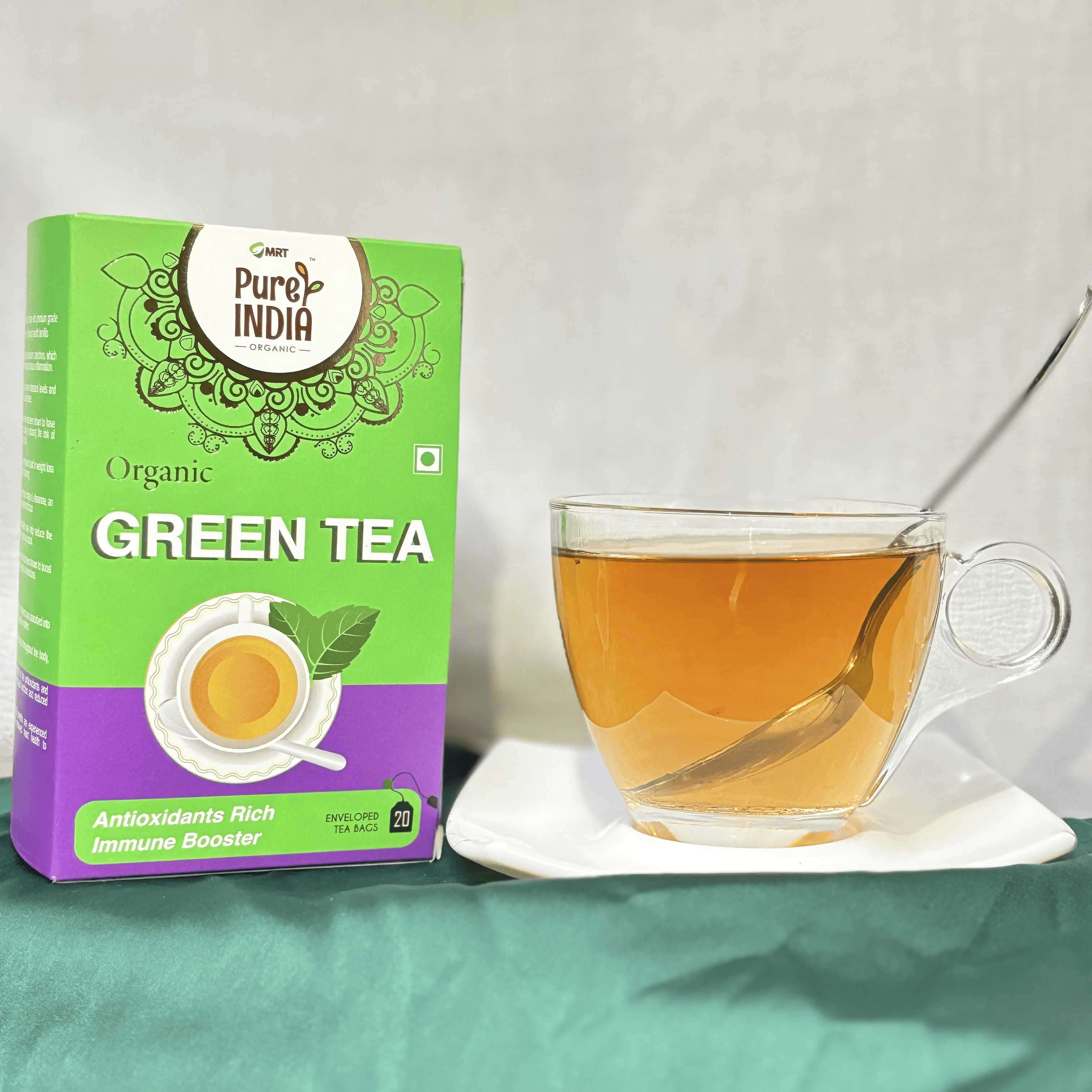
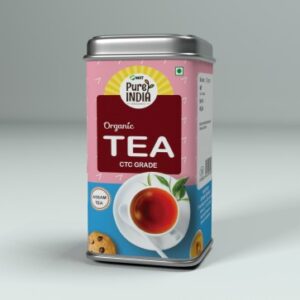
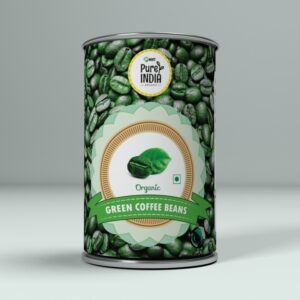
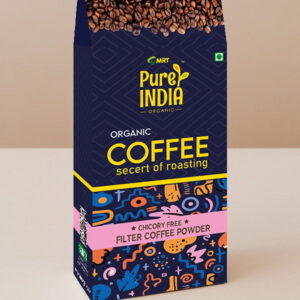
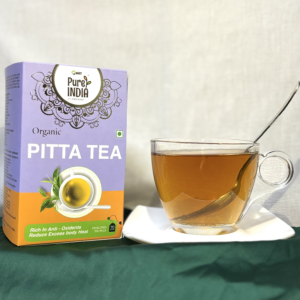
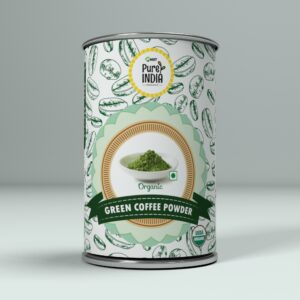
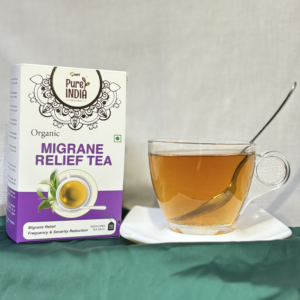
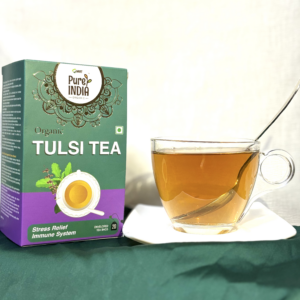
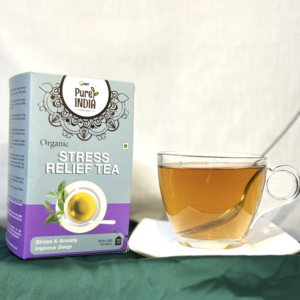

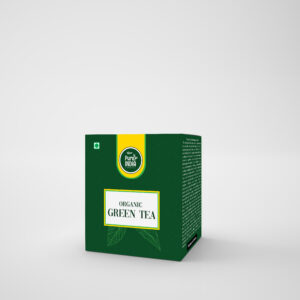
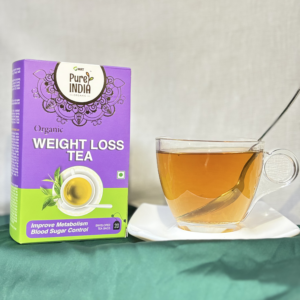
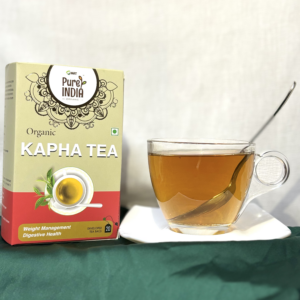





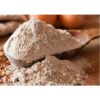
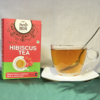
Reviews
There are no reviews yet.